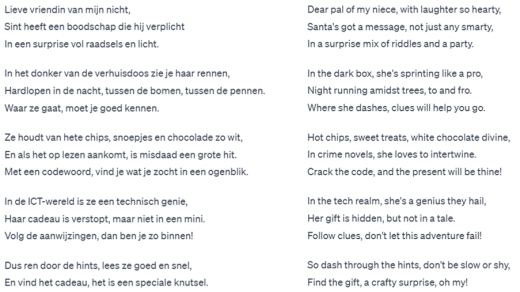Yesterday, my screen time added up to 7 hours and 13 minutes.
My day almost always begins with a small screen. The digital world offers unprecedented convenience. Access to cultural products has become remarkably easy. Movies, music, books, almost everything is just a click away. I often feel fortunate that resources that once required considerable time and money are now available at such a low cost. Yet I am also aware of the digital divide: Not everyone has stable internet or devices, nor can everyone easily join the circulation of these resources. This gap reminds me that the digital realm is far from an entirely equitable space.
In everyday life, I enjoy talking to myself on social media. These expressions are more like an extension of fragmented writing. I habitually capture fleeting sparks of inspiration, a thought triggered by reading, or an emotion stirred by a scene. These short posts work like personal memory vaults within the digital sphere. I don’t need to wait until ideas are polished into full articles; instead, I can leave traces anytime, anywhere. They may not form complete texts, but precisely because of this, they feel closer to an immediate dialogue with myself.
At night, when I open social media, what greets me is often not lighthearted jokes but heavy issues: debates over feminism, disputes about labor rights, and cases of social injustice. Each time I encounter such content, a dull ache rises within me. Living amid these realities, I’ve developed a kind of political depression: knowing systemic problems are difficult to change, yet unable to ignore them.
Still, this relentless flood of information also pushes me to reflect: Where do I stand on these issues? What does my political identity mean? More importantly, what can I do? Social media leaves me feeling powerless, yet at the same time compels me to continually clarify my stance and consider action.
Living abroad, the digital world keeps me deeply connected to my native language and culture. Whether chatting with friends or engaging in discussions within Chinese communities online, I never feel completely cut off. The internet has become a lifeline that sustains my identity and sense of belonging. The vast Chinese-language internet is my homeland, the place where I was born and raised. I am grateful for its existence, which allows me to travel the world without ever being separated from my roots.
My phone has become my closest companion in this era. I increasingly realize that my very sense of identity is constantly constructed and deconstructed within digital life. Sometimes, the rapid stream of social media makes me wonder: Are these presentations the real me, or versions shaped by algorithms and public opinion? My identity seems to oscillate between display and reflection. This ongoing process of construction and deconstruction has become one of the most fundamental experiences of my digital life.
For me, a digital day is neither simply a burden nor purely a liberation, but a complex state of being. It brings anxiety and struggle, yet it also soothes emotions, drives self-reflection, and provides ways of documenting and connecting. Perhaps this is the paradox of the digital: it can be both oppressive and liberating. What matters is not blind rejection or indulgence but learning to continually adjust our position within it. Ultimately, digital does not replace our lives; it intertwines with them. Between fragmentation and connection, difficulty and possibility, it shapes the me of today.



After reading this blog, I deeply relate to my own emotions that can be shared. Behind those seven hours of screen time lies a common spiritual conflict of our time: we enjoy unprecedented cultural democracy and freedom of expression, but we also struggle with the depressive weight of information overload. We maintain our cultural roots through a digital umbilical cord, while constantly deconstructing and rebuilding our identities under the gaze of algorithms. When life abroad suspends one’s sense of identity, the Chinese internet becomes a continent of the mind. This perhaps reveals a shift: digital space has evolved from a mere tool into an emotional home and an anchor for the self. I really appreciate the question raised in the article: “Are these presentations the real me, or versions shaped by algorithms and public opinion?” We confirm our existence through fragmented sharing, but we also rehearse our stances on social media. Digital life is like an improvisational play that never ends,we are the actors, the audience, and the critics of our own performance. I strongly agree with your perspective. The key is not simply to embrace or resist, but to learn how to maintain a clear stance in the digital current without getting trapped in the dilemma of whether to log out or stay online. When the screen goes dark, the thoughts shaped by the flow of digital information must eventually settle and take root in the soil of the real world. The digital has not replaced life, it just has simply turned contemporary existence into a perpetual art of balance.